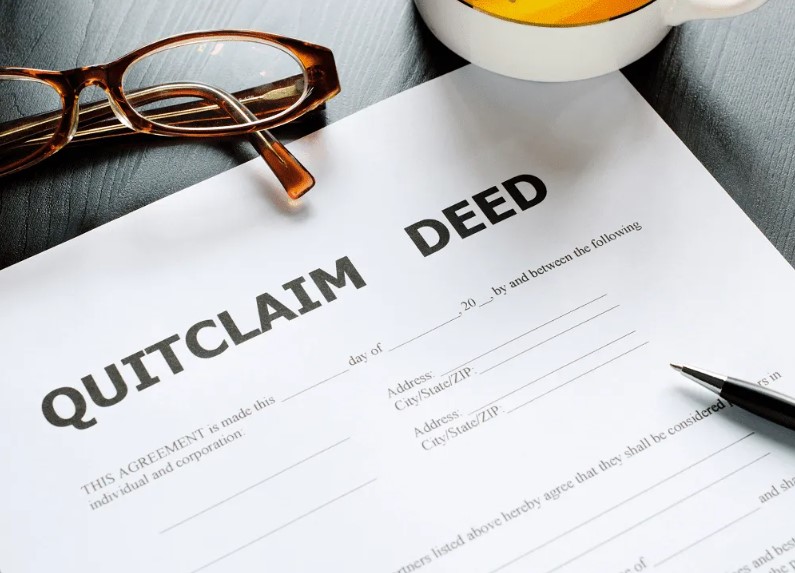Published by Think Realty | February 1, 2025
The right deed safeguards all parties and prevents future legal headaches.
Real estate laws are designed to protect both buyers and sellers, and anyone who has been involved in a real estate transaction knows the process is very thorough.
What everyone wants to know, however, is whether there is a quick and simple way to transfer property when no money is involved in the transaction. A quitclaim deed may work in certain circumstances, but these are limited.
General Warranty vs. Quitclaim Deeds
Either a general warranty deed or a special warranty deed typically is used in a real estate sale.
A general warranty deed warrants the seller’s ownership and title to the property beyond the seller’s ownership. In other words, if a forgery or other title defect occurred in connection with any previous transfer, the seller can be liable for this warranty of title.
A quitclaim deed, on the other hand, contains no warranty of title to the property being transferred. Instead, it merely acts as an estoppel against the seller (i.e., if the seller has any interest in the property, then they are giving it to the purchaser). In fact, the seller may have no interest in the property.
When to Use a Quitclaim Deed
Quitclaim deeds are generally accepted when an ex-spouse is transferring their interest in a property to the other spouse in connection with a divorce. They may also be acceptable in certain other situations, such as correcting a title defect. Be aware, however, that most title companies will not insure a transaction if a quitclaim deed is found in the chain of title.
In most instances, the title company will require the seller to obtain a warranty deed to be executed by the previous parties.
If you are considering using a quitclaim deed to transfer property, remember it:
- Contains no warranties (i.e., the transferor is not warrantying that they have title to the property).
- Does not involve a real estate title search.
- Cannot be insured with title insurance.
- May make selling the property in the future difficult.
Legal Considerations
The implication for the grantee is that he or she does not receive the same type of protection as is afforded in a general warranty deed or special warranty deed, which is a good reason to consult a real estate attorney before ever accepting a quitclaim deed.
If the grantor (person who is transferring the ownership) has a mortgage but uses any form deed in the real estate transaction, he or she is still responsible for that mortgage even after the title to the property has been transferred.


